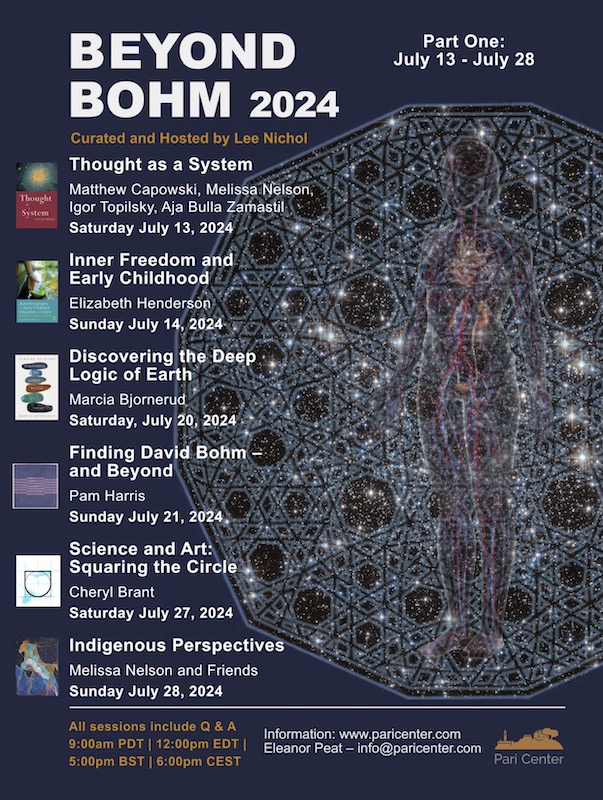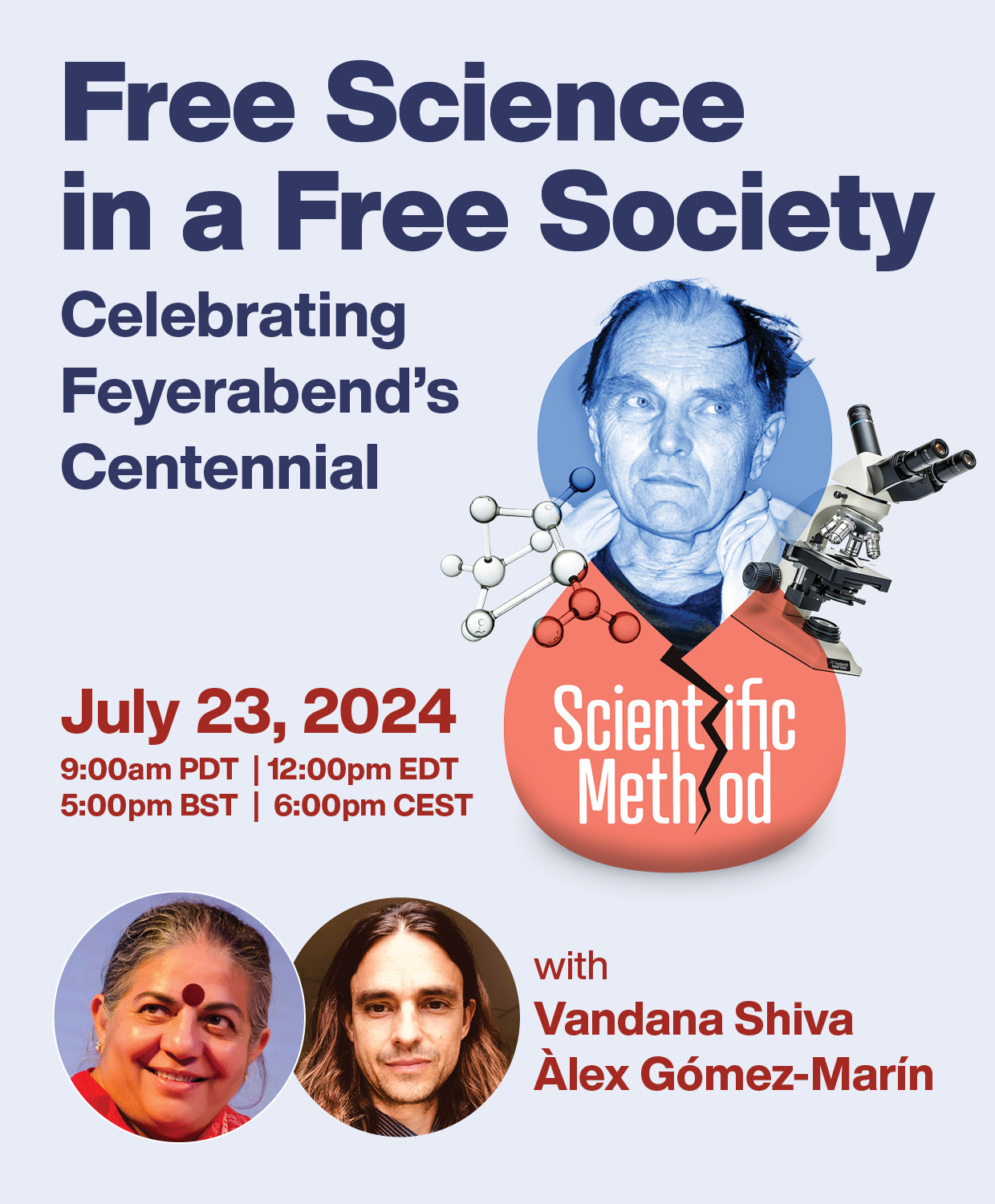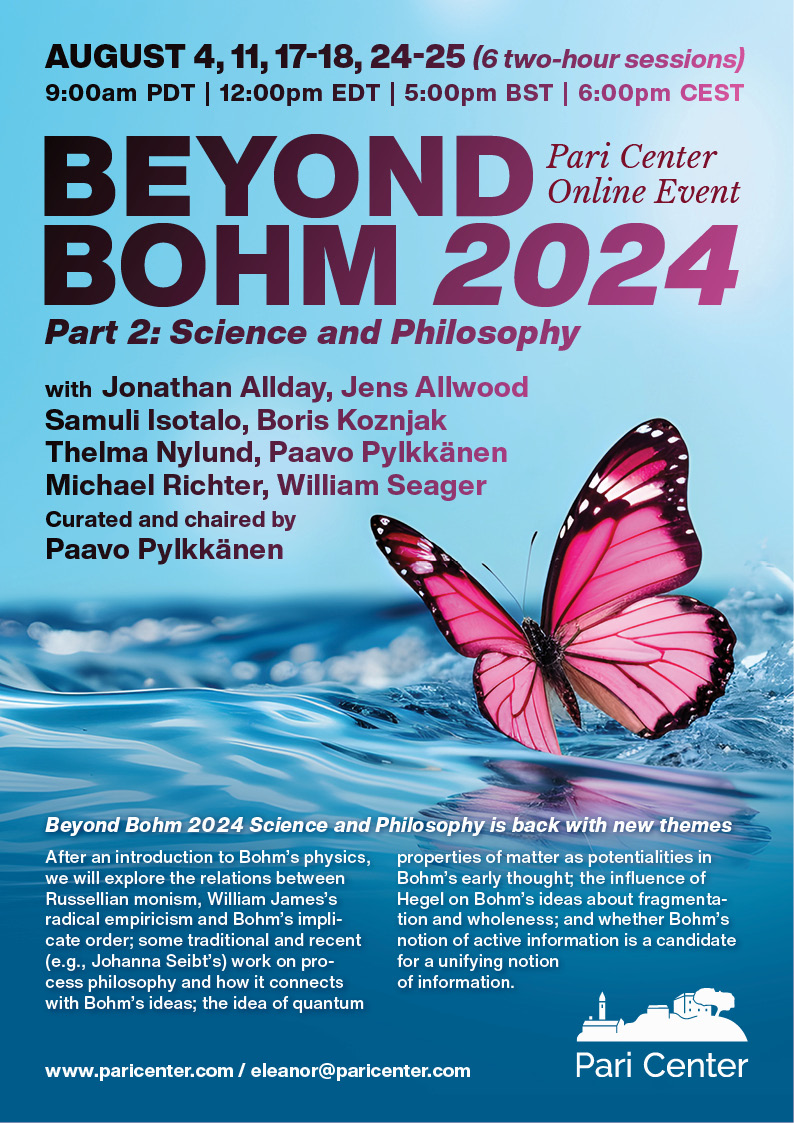Your cart is currently empty!
Beyond Bohm 2024, Part 1 – Finding David Bohm – and Beyond
In this session, Pam Harris will share with us some of her contemplations of scientific and philosophical questions—including those of David Bohm—and how those contemplations translate to canvas. If contemporary abstract painting has eluded you, this is an opportunity to get a first-hand sensibility of how one artist creates such works.



